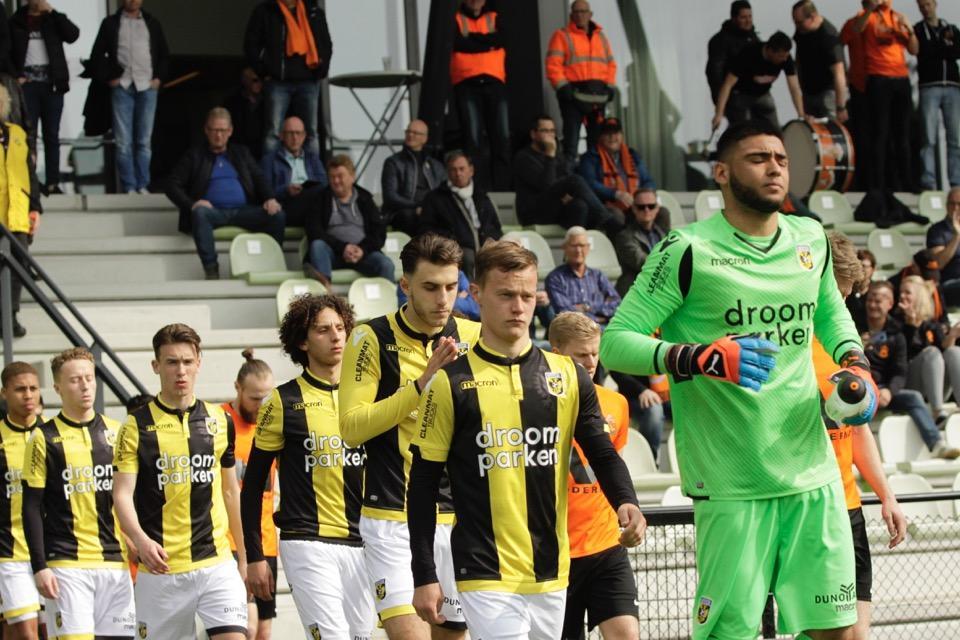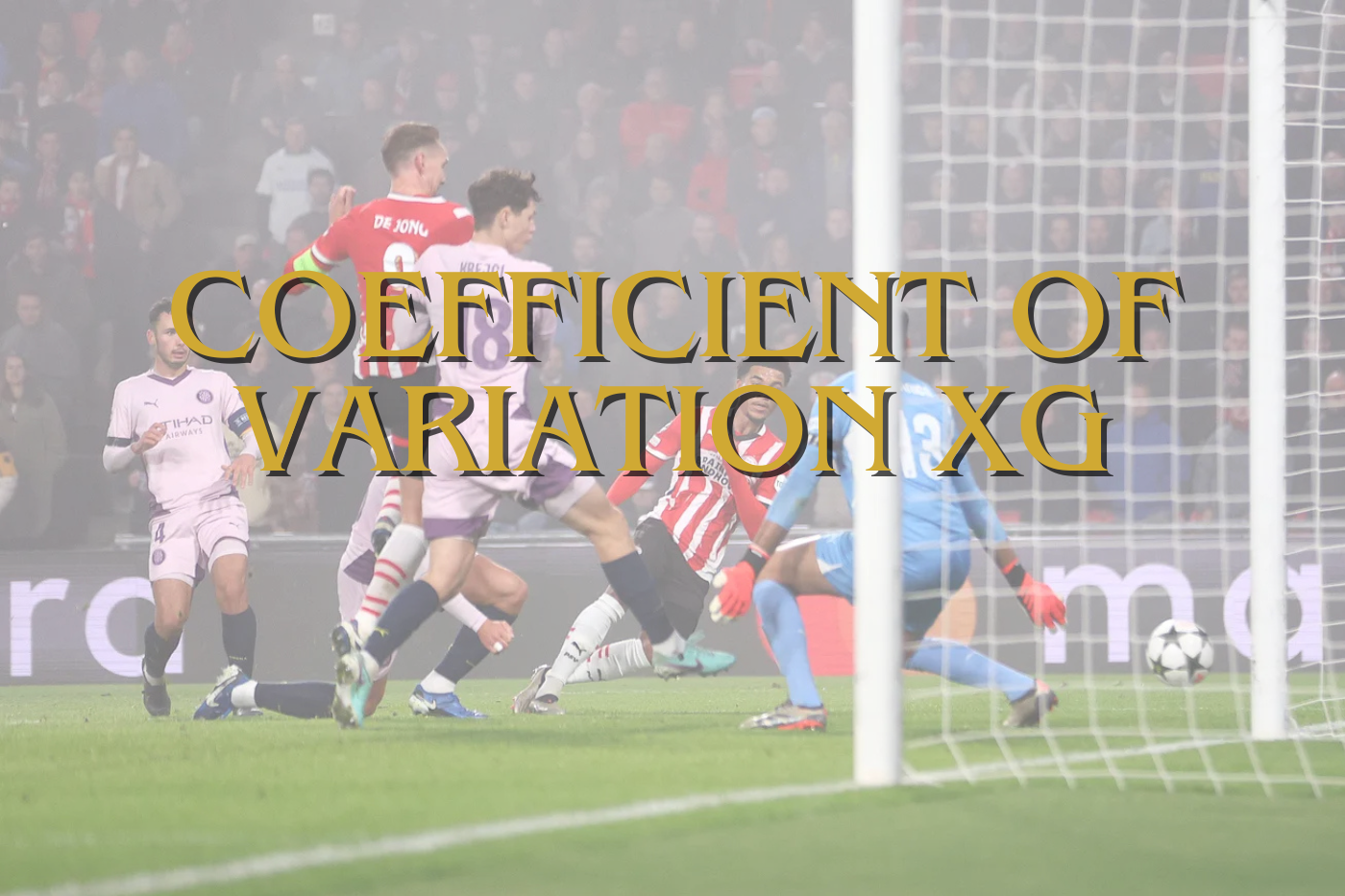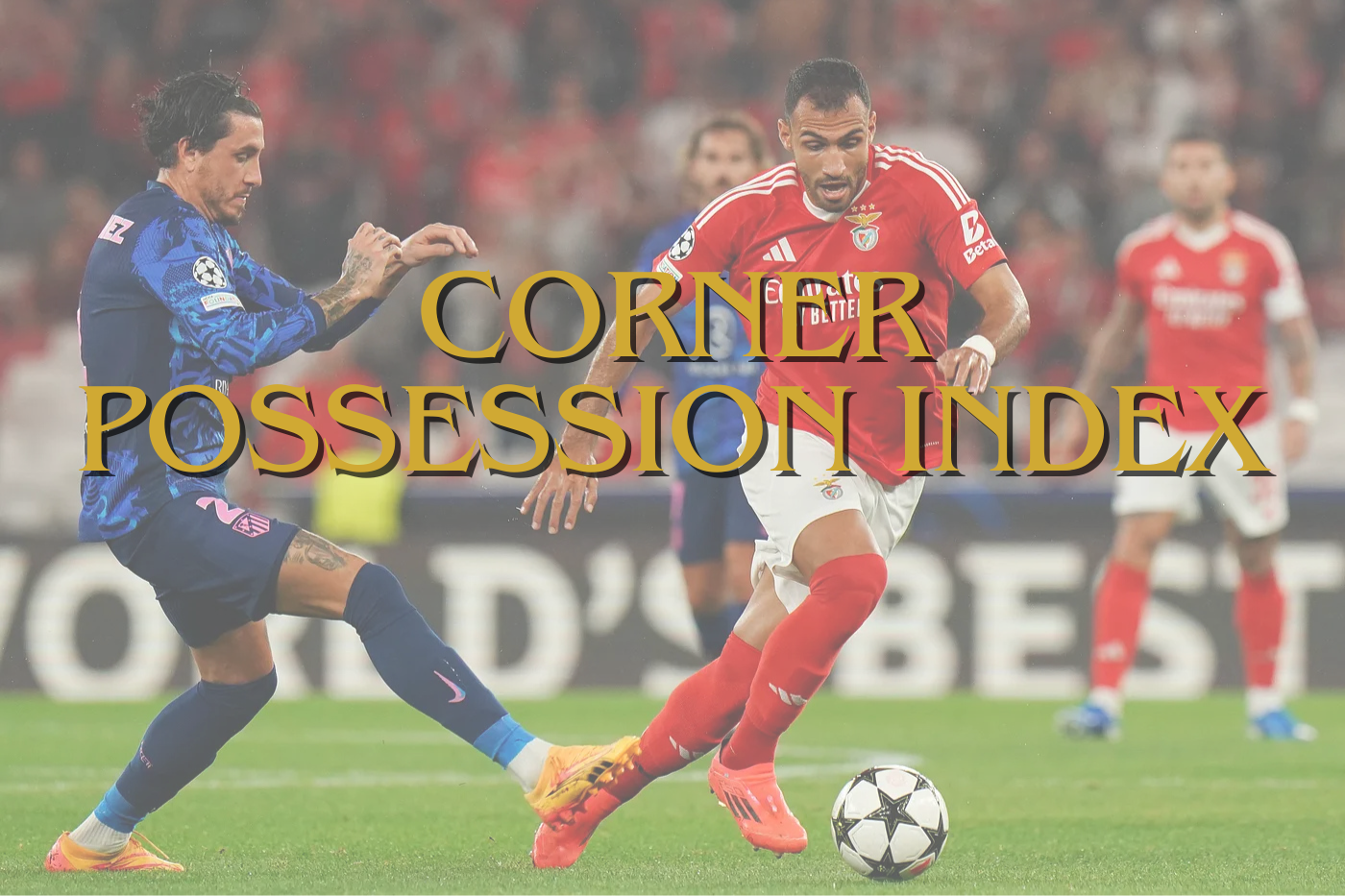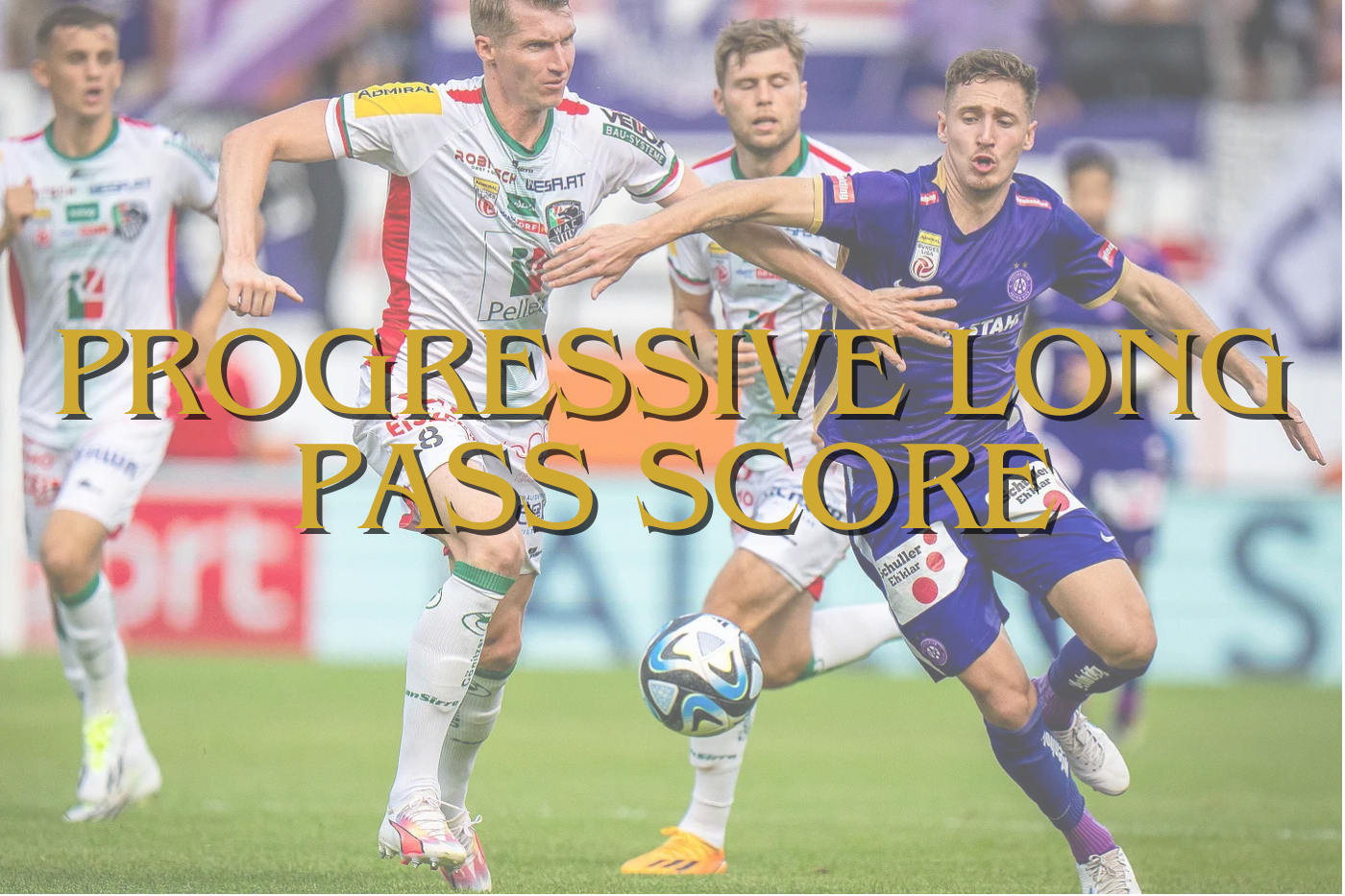Being a scout or scouting in general is not as easy as it looks like. This is not to blow my own horn, but this is the truth. Not everyone is cut out to be a scout. Whether it is something for you to do or not, I can’t decide that for you – but I can tell you what it is to be a scout within an academy with a professional football club in the Netherlands.
On Twitter, I have been posting a lot about data scouting and recruitment with the occasional video analysis, but actual real-life scouting is something different. Especially when looking into kids/youngsters. In this piece, I will illustrate what aspects of scouting I have experience with and what some of the difficulties are.
What’s important to know that my experience of academy scouting consists of working within an organisation that needs to reduce costs and therefore will look for creativity in the region rather than the volume of scouts in the whole country.
The Role
It sounds kind of fancy: academy scout, and I would love to give a clear definition of what the role entails, but this might be different for every country or every club. The structure is like follows: there are five regions and each region has 3 or 4 scout with a coordinating scout or ‘headscout’ of that particular region.
Each region consists of 10 or more grassroots/non-league clubs. Each scout is responsible for 3 or 4 clubs which he or she monitors for the different age brackets. In the club that I scout for, we look at the U8’s until the U12’s. This is because at our club, the teams only start from the U12 and up.
The scout is tasked to look at different clubs and their teams and scout the children that might be good enough for the academy we are scouting for OR are considered good enough to train with a higher resistance.
Academy set up
There is a difference between scouting and recruitment. Obviously you can do a lot of scouting and recommend many players, but in the end a selection has to be made of players that can actually join the academy. This can happen through three possible options:
- Training programme. The younger players will train in a training program with the possibility of joining the U12 or U13.
- A player is scouted through the resistance programs of the Dutch football association. I will explain that later in this piece.
- Player is scouted from the age 14 and up – exceptionally good and can join instantly
- Players that have been let go from bigger academies and are picked up
Sometimes, there have to be more players get into the academy. This has to do with the flow of academy players to the first team. This means that in every team, players will flow to a team from a higher age bracket. From U16 to U18, U18 to U21 etcetera.
The clubs
So as I’ve said there are a number of clubs in involved in the region. These are all amateurclubs, but it’s hard to get a player to sign for you as there different professional clubs scouting in the same areas. A mid-table club will definitely have less appeal to a player or their parents than for example a club that regularly played for the title or Europe. That means you have to be creative and quick.
The region consists of 10 clusters of which 5 are based in Germany. Clubs opt a lot for local identity and significance rather than scout all over the country and beyond. Obviously, this has also got to do with the finances of clubs and the idea of identification of fans with the club. Taken this all into consideration, it’s both culturally and financially the best decision to scout in the direct region. This also means that the club’s identity and core principles reflect that of the region they live in.
The approach
I will not go into specifics of how to scout an actual player, perhaps in other articles, but I will talk briefly about the approach of scouting over here.
You maintain a relationship with the head of academies or academy directors of the amateur clubs. If you want to visit the club in questions, you will communicate your presence and ask what are interesting teams to look at. Often they have an idea what good players might be for your club, but be weary of their judgement. Sometimes they like to put forward their own son or daughter for scouting.
A full kit is provided, but not every club appreciates the fact that you walk in full kit. It will give some anxiety to the kids OR kids will be playing differently, because they now a certain scout is watching them. that’s why I always check first with the amateur club if they want to see this or not.
When you scouted a player, you can’t approach them directly. That seems obvious in these times of COVID-19, but this has also to do with privacy rules. If you want the names of certain players you have to ask their coach and after confirmation/go ahead of the parents, you will receive the names and you can pass them forward to the head of scouting of your club.
Before you will pass them on, you will grade them into three categories:
- Good enough for the academy
- Good player, but needs to be assessed under higher resistance
- Not good enough (yet), take a look at a later moment
Only the players with first grade will go into the academy program.
The Association
When players are good, but you have doubts about their immediate ability to play for a pro club, you have the option to let them go the training programs with the Dutch association. The reason you do this, is to see a certain number of talented players playing with and against each other. Then you can properly assess their abilities and whether they can be scouted for a pro club/academy.
These players are selected and will train with each other, and occasionally play against each other and against pro academies. Scouts are invited to these games and can make up their mind whether a player is fit for their academy or not.
Girls vs Boys
This is a difficult one for me personally. While we scout for a club that only has men’s football, the opportunity for girls shouldn’t be disgarded. We obvioulsy can’t scout them for an organisation like ours or similar, but we can give the scouting reports to the football association. They have more training programs for girls and therefore can organise events where girl’s/women’s football scout can come in.
Although I can say that I have the ability to scout, sometimes you have to focus on different things with girls. Girls and boys are not similar in a lot of things, such is women’s football not comparable to men’s football. We shouldn’t compare them, but it is important to learn about the differences and talk to people in the women’s game to become better scouts. Something to be mindful about.
Racial profiling
You have to train yourself to be or become a scout. You have to be aware that you are prejudiced and therefore some decision need to be evaluated. One thing that I have encountered a lot, is racial profiling. I’m not talking about racism – although that is present everywhere. I’m talking about the fact that we are led to believe that white players are more technically gifted and black players have more pace and are better physically (this is just one example, there are many more).
I’ve training myself to not be affected by this by asking several opinions on the player and looking to players from other ethnical backgrounds with the same profile.
Responsibilities
You have a few responsibilities. It’s important to remember that you not only are there to scout a player or to chat with fellow-minded people. You are part of a professional club and you are also a representative of the club. Networking is important, but never forget who you are working for and representing.
The parents
Managing parents is difficult at times. In this time of COVID-19 and privacy regulations, it has become slightly easier. You have to be kind and respectful to the parents, but also firm and resolute. You have to make clear that if their son or daughter is good enough, they will find their way – and there is nothing you can do something about as parent. Supporting their kid, that’s what it is all about – and sometimes they need to be reminded of that fact.
Expectations
It is evident that there are expectations when you are scouting. You have to deliver the names of players so that the recruitment process can start. But don’t put too much pressure on yourself. There are a few players who have been scouted and have gone on to become elite players – Frenkie de Jong-esque. You might never scout a player that is going to make professional football or more – and that’s rather okay. The main thing is that you make the academy more complete and better.







